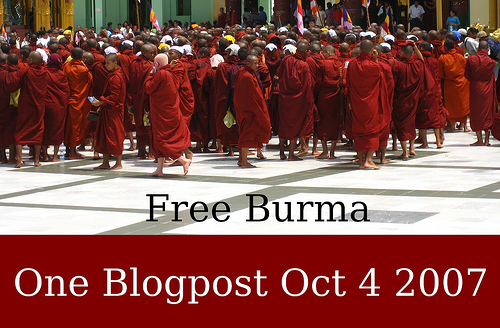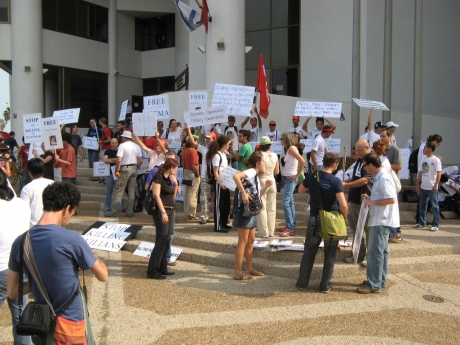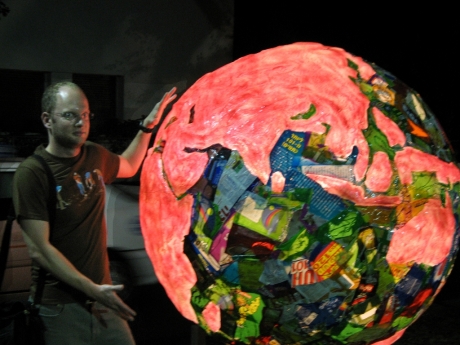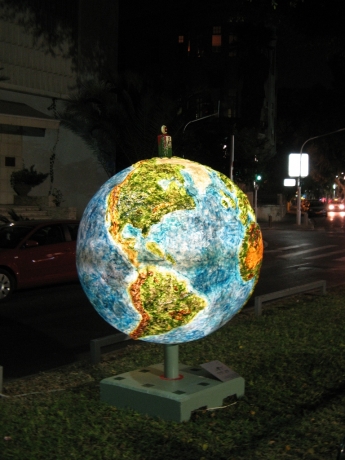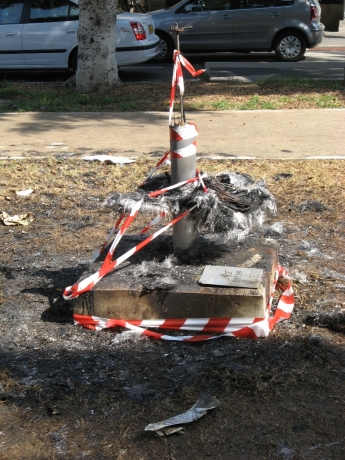The tension between Israel and Syria seems under control, but will events happen in Lebanon? Presidential elections are due there very soon, and both countries have interests in the small and diverse country.
Past Israel Syria clashes
Details of the Israeli air strike in Syria on the morning of September 6th are still unclear. In the past 34 years, since the Yom Kippur war, clashes between Israel and Syria happened almost always in Lebanon, sometimes called “the arena“. In the First Lebanon war that began in 1982, there were some battles between the Israeli and Syrian armies. Tanks an airplanes were involved, but these clashes were limited.
Syria occupied Lebanon from 1976 to 2005, and Israel was there from 1982 till 2000. Israel signed a “peace treaty” with Lebanese president Bashir Jemayel in 1982, and the Syrians assassinated him. Assassinations occurred there also in past few years. The most notable incident was Rafiq al-Hariri’s killing in 2005. An assassination that Israel is connected with is that of Eli Hbeika, who was responsible for the Sabra and Shatila massacre, which Israel overlooked.
Recent events
Syria supports our enemy, Hizballah, both in internal Lebanese politics, and in arms trafficking. Hizballah is a pain in the ass for us. Although they don’t threat our existence, the Katyusha rockets that paralyzed life for 2 million people and the kidnapping threat are very annoying.
Using Hizballah as a proxy to make us bleed is very convenient for Syria. It doesn’t involve their forces, and fighting in the hostile villages of south Lebanon was quite hard for us.
Fighting a conventional war with Syria is regarded here as an easy task. Syria has old, low tech weapons. The army is trained mostly in defending the regime in Syria, which is controlled by the Alawite, sect – a small minority that uses brute force to destroy opponents.
What I’m saying is, that it is Syria’s interest to draw a conflict to Lebanon, while Israel’s interest is to confront Syria directly.
Lebanese presidential elections
The Lebanese parliament starts it’s new session on September 24th. The current pro-Syrian president, Emile Lahoud, finishes his term on November 25th. The parliament must choose a new president during this time.
Since Hizballah left the Lebanese government, the country is stuck. The political stalemate is bad for the Lebanese people who are afraid of a new civil war. This affects the economy. People are afraid to be on the streets, to buy goods, and to invest in new businesses.
My worries
So, selecting a new, accepted president is very hard and very sensitive. I fear that in order to “unify” Lebanon and push for a pro-Syrian (and pro-Hizballah), Hizballah’s fire will be directed to an external enemy – Israel. The last tension caused by the recent air strike that the IAF made in northern Syria could be used as a reason for Hizballah to act.
Israel doesn’t want to fight on Lebanese soil, but our military is nonetheless eager to correct the damage (mostly regarding deterrence) that was taken in 2006.
I hope that my theories are wrong…
